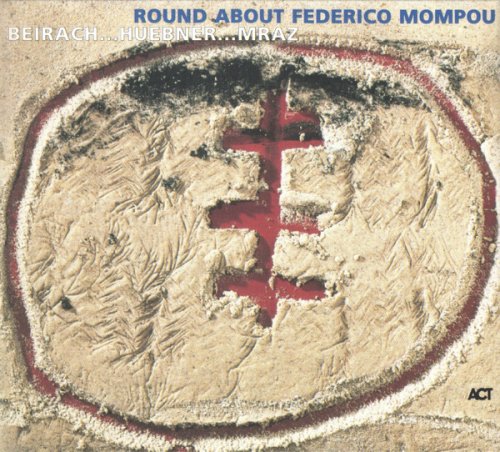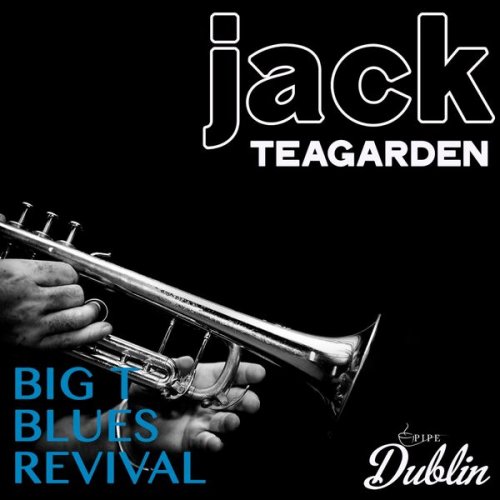01. Giving Up (LP Version) 6:20
02. A Song for You (LP Version) 5:26
03. Little Girl (LP Version) 4:43
04. He Ain't Heavy, He's My Brother (LP Version) 5:56
05. Magnificent Sanctuary Band 4:20
06. She Is My Lady (LP Version) 5:31
07. I Believe in Music (LP Version) 3:36
08. Take a Love Song (LP Version) 4:49
09. Put Your Hand in the Hand (Single Version) (Single/LP Version) 3:48
10. Be There (LP Version) 3:02
11. This Christmas (LP Version) 3:51
Known most for the festive holiday standard "This Christmas" and his duets with Roberta Flack, Donny Hathaway was one of the brightest voices in soul music throughout the 1970s. Possessed of a smooth, gospel-inflected romantic croon that powered everything from love ballads to fiery protest material, Hathaway was an unequivocal multi-talent -- a masterful composer, arranger, and keyboardist -- and a riveting performer. The musician got his start in the late '60s, arranging the Impressions' "Choice of Colors" and co-writing songs for Flack's debut, among other supporting work. He emerged as an artist in his own right with the January 1970 chart debut of "The Ghetto," the lead single from his first album, Everything Is Everything. From that point on, through 1973, Hathaway was prolific, cutting Donny Hathaway, Live, Roberta Flack & Donny Hathway, the Come Back Charleston Blue soundtrack, and Extension of a Man. Most of these albums entered the upper reaches of the R&B chart, and they yielded eight more charting singles, most famously the Grammy-winning number five pop hit "Where Is the Love." Hathaway and Flack scored a second gold single together in 1978 with the quiet storm classic "The Closer I Get to You," a number two pop hit. After Hathaway's tragic death in 1979, the second Flack/Hathaway duets album was released and spawned a pair of additional Top Ten R&B hits with "You Are My Heaven" and "Back Together Again." The enduring popularity of "This Christmas" on streaming platforms resulted in Hathaway's first solo Top 40 placement in 2020, 50 years after the song's original release.
Hathaway was born October 1, 1945, in Chicago, but moved to St. Louis when he was very young and began singing in church with his grandmother at the age of three. He also began playing piano at a young age, and by high school, he was impressive enough to win a full-ride fine arts scholarship to Howard University to study music in 1964. While in college, he performed with a cocktail jazz outfit called the Ric Powell Trio and wound up leaving school after three years to pursue job opportunities he was already being offered in the record industry.
Hathaway first worked behind the scenes as a producer, arranger, songwriter, and session pianist/keyboardist. He supported the likes of Aretha Franklin, Jerry Butler, and the Staple Singers, among many others, and joined the Mayfield Singers, a studio backing group that supported Curtis Mayfield's Impressions. Hathaway soon became a house producer at Mayfield's Curtom label, and in 1969 cut his first single, a duet with June Conquest called "I Thank You Baby." From there he signed with Atco as a solo artist, and released his debut single, the inner-city lament "The Ghetto, Pt. 1," toward the end of the year. Although it stalled at number 23 on the R&B chart, "The Ghetto" still ranks as a classic soul message track and has been sampled by numerous hip-hop artists. "The Ghetto" set the stage for Hathaway's acclaimed debut LP, Everything Is Everything, which was released in early 1970. That December, he issued the original holiday song "This Christmas," which, while it failed to chart apart from Billboard's short-lived Christmas Singles list, would become a staple in movies, television, advertising, and seasonal song collections for years to come. In 1971, he released his eponymous second album and recorded a duet with former Howard classmate Roberta Flack, covering Carole King's "You've Got a Friend." It was a significant hit, reaching the Top Ten on the R&B charts, and sparked a full album of duets, Roberta Flack & Donny Hathaway, which was released in 1972. The soft, romantic ballad "Where Is the Love?" topped the R&B chart, went Top Five on the pop side, and won a Grammy, and the accompanying album went gold.
Also in 1972, Hathaway branched out into soundtrack work, recording the theme song for the TV series Maude and scoring the film Come Back Charleston Blue. However, in the midst of his blossoming success, he was also battling severe bouts of depression, which occasionally required him to be hospitalized. His mood swings also affected his partnership with Flack, which began to crumble in 1973. Hathaway released one more album that year, the ambitious Extension of a Man, and then retreated from the spotlight; over the next few years, he performed only in small clubs.
In 1977, Hathaway patched things up with Flack and temporarily left the hospital to record another duet, "The Closer I Get to You," for her Blue Lights in the Basement album. The song was a smash, becoming the pair's second R&B number one in 1978 and also climbing to number two on the pop chart. Sessions for a second album of duets were underway when, on January 13, 1979, Hathaway was found dead on the sidewalk below the 15th floor window of his room in New York's Essex House. The glass had been neatly removed from the window, and there were no signs of struggle, leading investigators to rule Hathaway's death a suicide; his friends were mystified, given that his career had just started to pick up again, and Flack was devastated. Roberta Flack Featuring Donny Hathaway was released in 1980, and both of the completed duets -- "Back Together Again" and "You Are My Heaven" -- became posthumous hits.
In 1990, Hathaway's daughter Lalah launched a solo career. After Billboard recalibrated some of its charts to account for streaming, in December of 2020, "This Christmas" landed just inside the Top 40 of the Hot 100 for its debut on the chart.
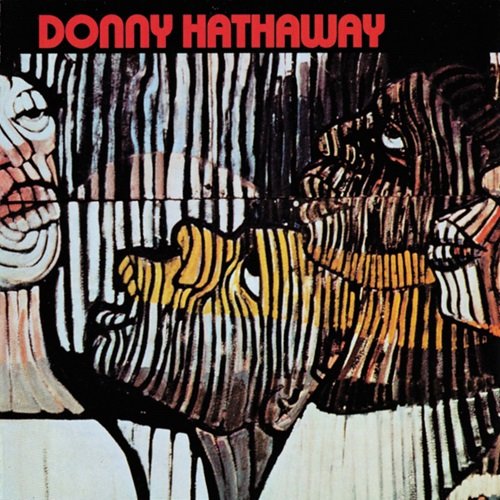

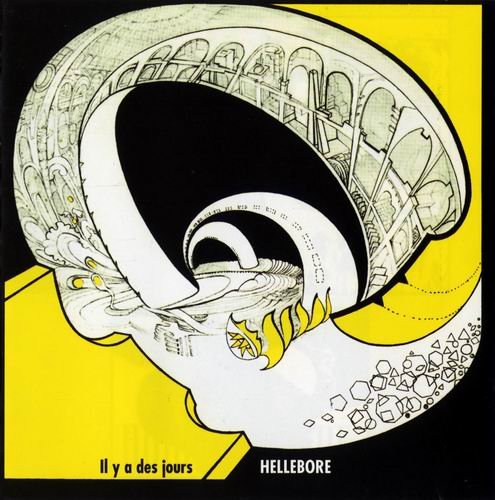
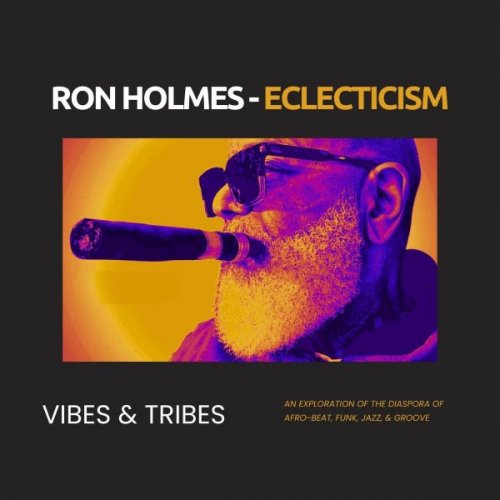
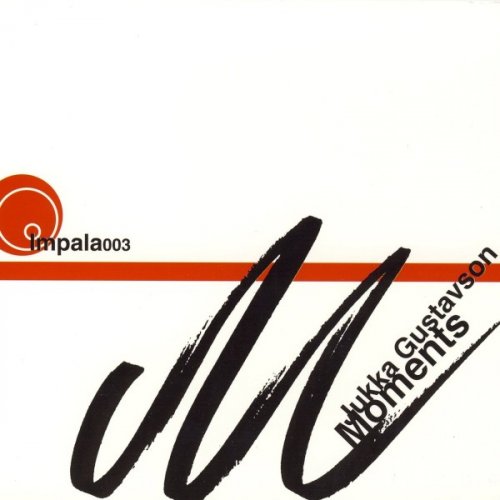

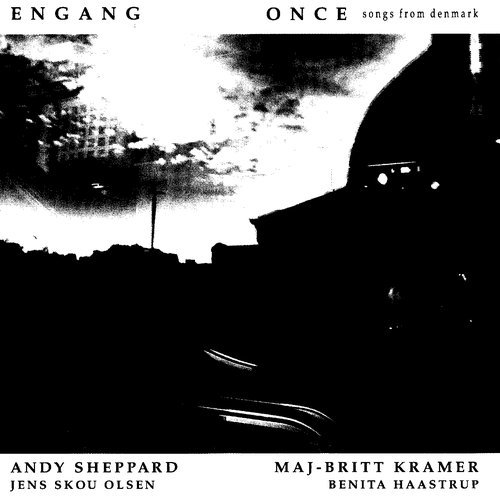
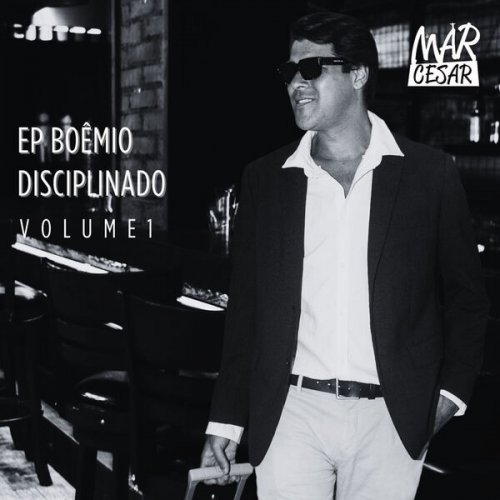
![Mal Waldron - Left Alone (Remastered 2014) (2026) [Hi-Res] Mal Waldron - Left Alone (Remastered 2014) (2026) [Hi-Res]](https://www.dibpic.com/uploads/posts/2026-02/1770802366_zssweohuxq7f9_600.jpg)
